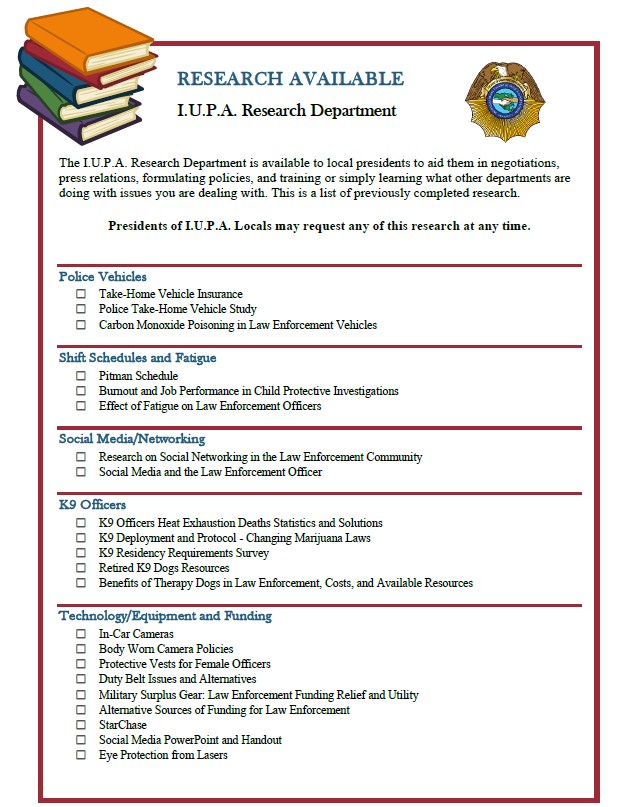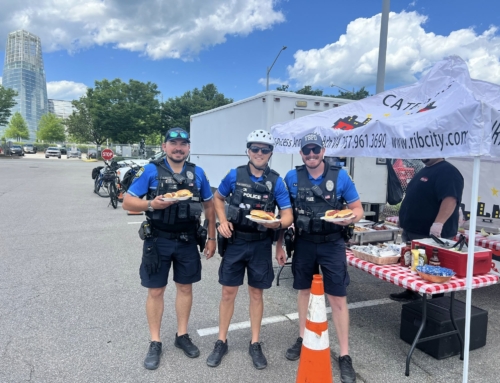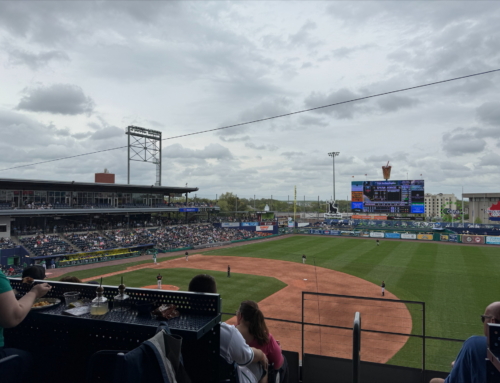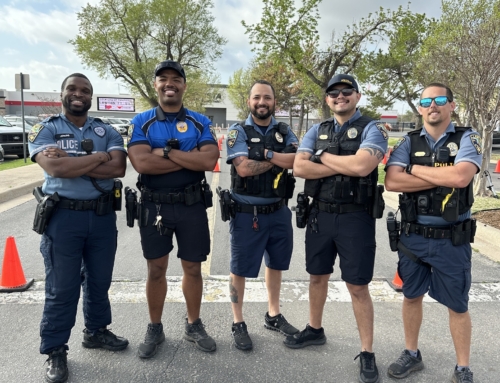
The I.U.P.A. Research Department completes research tasks on a number of different topics upon request by local presidents and proactively when there are topics of particular concern to law enforcement. Common research assignments include wage and benefits surveys, SurveyMonkey surveys to conduct local elections and to collect information about what members want in negotiations, and research reports on a variety of topics that concern our locals and our members.
An I.U.P.A. Research Department report was published on parking lot security. LEOs from thirty-seven different departments across the U.S. responded to a survey distributed via SurveyMonkey link online. The conclusions and recommendations section of that report is as follows:
- With increased numbers of law enforcement officers ambushed in assault-type situations and parking lots a target for those who wish to harm them, the I.U.P.A. has drafted conclusions and recommendations for minimum-level security. These conclusions and recommendations include consistently enclosed parking lots with sufficient parking which only employees have access to by way of a key card/passcode or similar access method, closed circuit cameras, and sufficient lighting and visibility.
- As evidenced by the survey conducted for this report, anything less than the above in each of those categories, has been shown to raise the percentage risk for safety issues for officers, not to mention any members of the community who might have access, in the event that the lot has not been secured from their entry. Officers are at their most vulnerable in their parking areas, commonly not on their guard, with predictable schedules as they change shifts, which makes them easy prey. The above recommendations for minimum-level security are exactly that, the minimum-level of security needed to keep our law enforcement officers safe.
A copy of that report along with other previously completed research may be requested at any time by local presidents. Contact alinaj@iupa.org to request a copy or to request new research.









Get Social